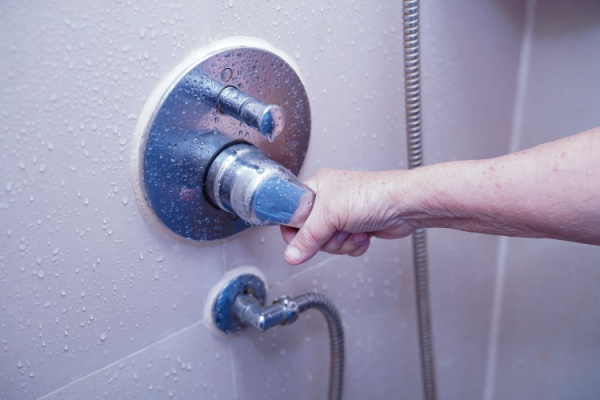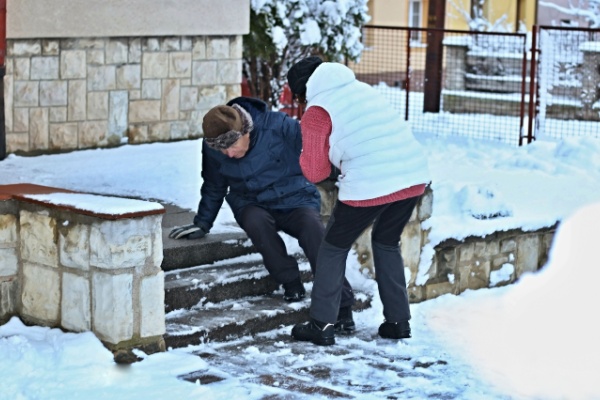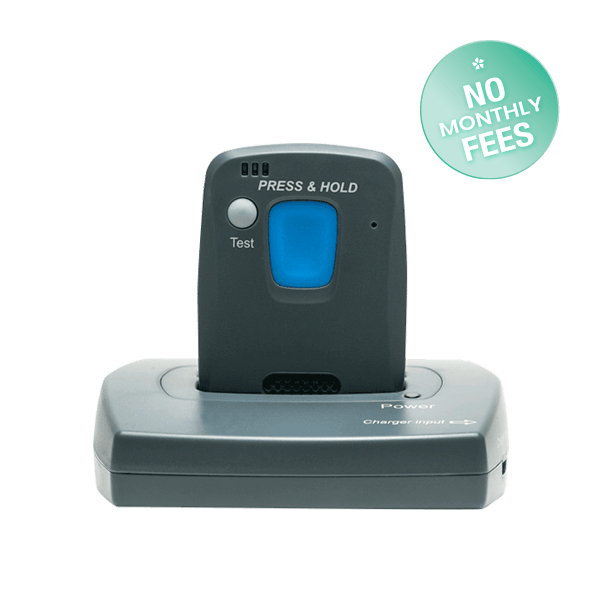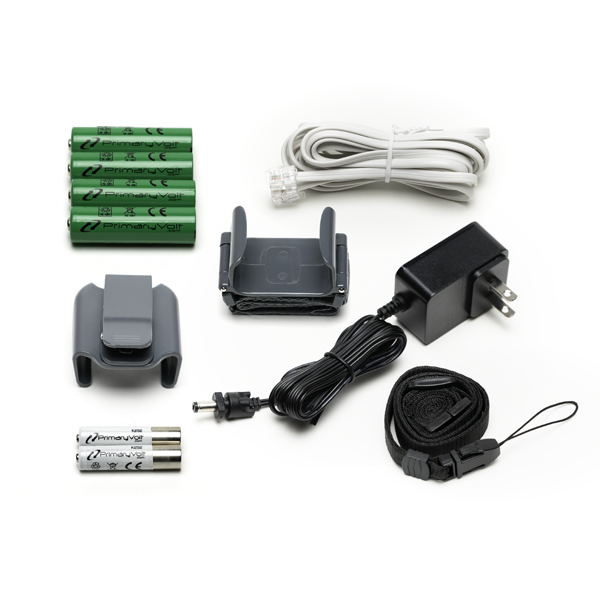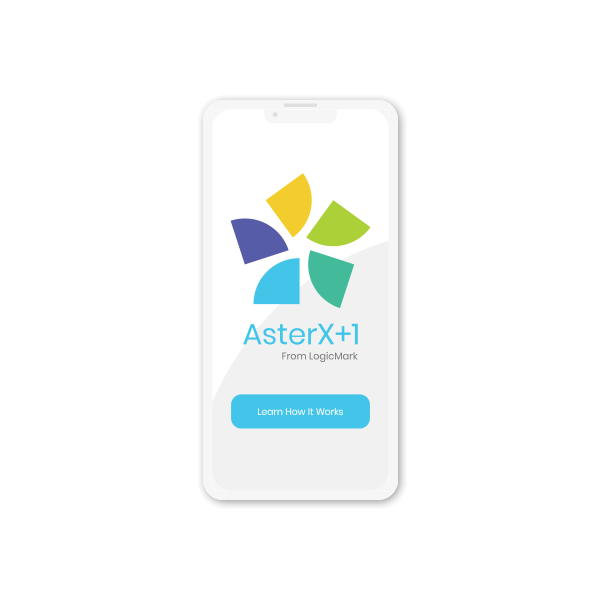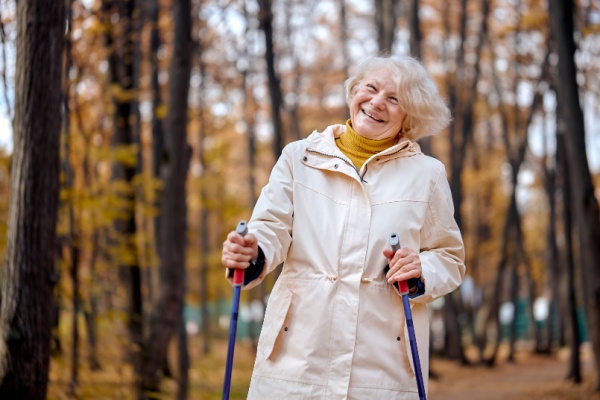As winter approaches, colder temperatures and icy conditions bring unique challenges for seniors. Reduced mobility, increased fall risks, and weather-related emergencies are just a few of the hazards that can compromise safety. Medical alert systems play a crucial role in helping seniors maintain independence and ensuring their well-being during the winter months and beyond. Let’s explore how these devices provide peace of mind for seniors and their families during this season.
The Importance of Medical Alert Systems in Winter
Winter weather can be unpredictable, often leading to situations that require immediate assistance. Here’s why having a medical alert system is essential:
Increased Fall Risks
Winter brings snow and ice, which create slippery surfaces that significantly increase the risk of falls. Seniors are especially vulnerable when walking outside or even near entryways. While indoors, heavy clothing and boots can further compromise balance, making daily activities more hazardous. Medical alert systems with fall detection provide a crucial safety net, automatically notifying emergency services if a fall occurs — even if the senior is unable to press the button on the device.
Health Risks from Cold Exposure
Cold exposure poses serious health risks for seniors, who are more susceptible to conditions like hypothermia and frostbite due to reduced body temperature regulation. Delayed help during such situations can lead to severe complications or even life-threatening conditions. Medical alert devices act as a lifeline, offering a direct connection to emergency responders to ensure timely assistance.
Winter Power Outages
Winter storms can often lead to power outages, leaving seniors without essential heating or lighting. For those who rely on medical alert systems, functionality during these times is critical. Fortunately, many systems come equipped with backup battery power, ensuring uninterrupted operation even in the face of extended outages.
Key Features and Benefits of Medical Alert Systems in Winter
Winter weather demands reliable safety solutions, and medical alert systems are equipped with features designed to protect seniors while offering peace of mind to caregivers and families. Here’s what makes these systems essential during the colder months:
Fall Detection Technology
Automatically detecting falls and sending alerts without manual activation, this feature is particularly helpful for seniors who may fall outdoors or in poorly lit areas during power outages.
GPS Location Tracking
For seniors who enjoy winter walks or live in rural areas, GPS-enabled systems ensure they can be quickly located in an emergency. This is invaluable for family members who want to monitor their loved one’s safety remotely.
Geofencing Capabilities
Alerts are sent if a senior wanders beyond a designated safe zone — an essential feature during harsh winter conditions.
Waterproof Devices
Snow and sleet can damage electronics, but waterproof medical alert devices remain reliable even in adverse weather.
Real-Time Alerts
Caregivers receive notifications about emergencies, allowing them to respond quickly and ensure their loved one’s safety.
Two-Way Communication
Many systems allow direct communication with the senior, offering reassurance until help arrives.
Remote Monitoring Apps
Family members can check the status of the device, battery life, and activity levels through companion apps, ensuring everything is functioning properly and providing an added layer of comfort.
Winter Safety Tips for Seniors with Medical Alert Systems
To maximize the benefits of a medical alert system, seniors and their families should consider the following:
- Test the device regularly. Before winter storms hit, perform routine checks to confirm that the system is functioning properly. This includes verifying that the fall detection feature works, ensuring clear two-way communication, and confirming GPS tracking accuracy. Pay close attention to battery life, especially for systems with backup power, as outages are more common in winter.
- Update emergency contacts. Keep the list of emergency contacts up to date. This ensures that in the event of an emergency, responders can quickly reach family members, neighbors, or caregivers. Review and update this information periodically or whenever contact details change.
- Bundle up smartly. When layering up for cold weather, take care not to obstruct the device. Wear the medical alert system as a pendant or wristband over thinner clothing layers to ensure accessibility. Avoid bulky outerwear that could interfere with the device’s functionality, particularly buttons or speakers.
Ensuring Senior Safety and Independence This Winter
Winter can present a host of safety challenges for seniors, but a reliable medical alert system can make all the difference. By offering immediate access to help, advanced safety features, and peace of mind for families, these devices empower seniors to navigate the season confidently. Equip your loved one with a LogicMark medical alert system to ensure their safety and independence this winter.
To learn more about LogicMark devices and features, you can explore the product offerings here.
